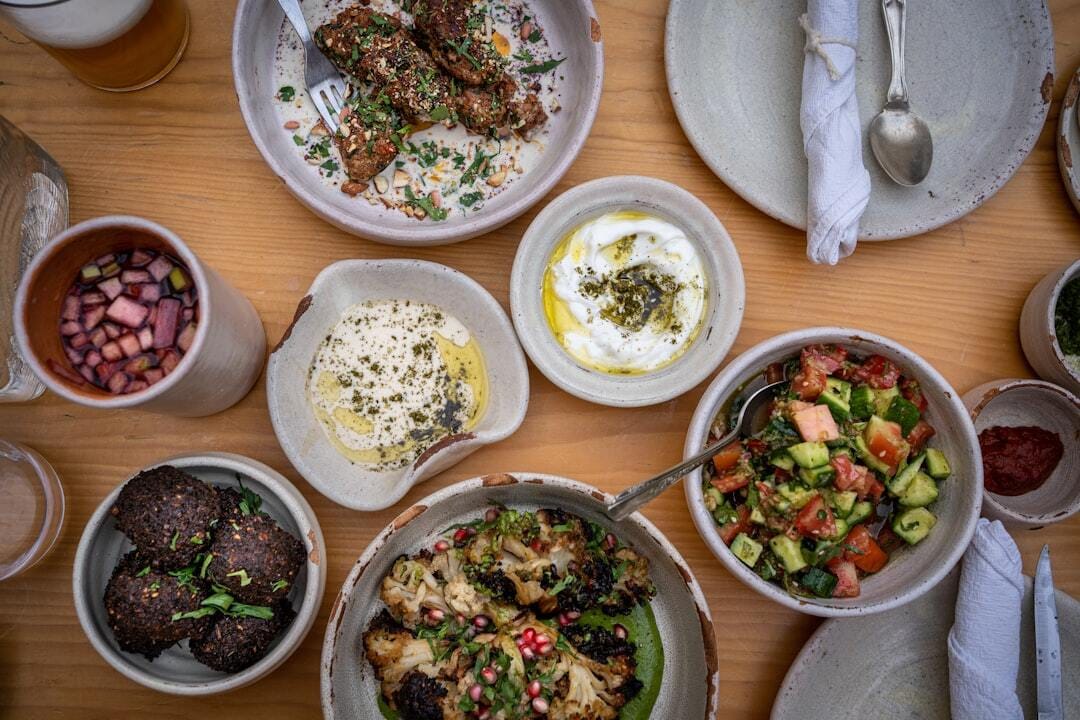

Hello {{First Name|there}},
Could what you eat today help protect your brain tomorrow? Science shows your daily plate could help lower dementia risk and keep your brain sharp.
A new study published in the Journal of Nutrition found that the MIND Diet (The Mediterranean-Dietary Approaches to Stop Hypertension Intervention for Neurodegenerative Delay) is linked to lower levels of a blood protein tied to dementia risk. This brain-focused way of eating combines the Mediterranean and DASH diets (Dietary Approach to Stop Hypertension).
What is the MIND diet?
Here’s what researchers uncovered and how it connects to what’s on your plate:
The MIND diet is a hybrid of the Mediterranean–DASH diet with particular emphasis on berries and green leafy vegetables.
It includes 8 brain-healthy components: green leafy vegetables, other vegetables, nuts, beans, whole grains, fish, poultry, berries, olive oil, and wine.
It recommends limiting 5 brain-unhealthy components: red meat, butter, stick margarine, cheese, pastries and sweets, and fried/fast food.
The study also suggests that following the MIND Diet may be linked to healthier markers of brain health overall.
MIND diet and Angiogenesis
In addition to studying the effects of diet, the researchers ran a proteomics study, which seeks to identify candidate blood proteins and biomarkers of the MIND diet score and incident dementia.
The researchers identified that higher levels of the protein THBS2 was not only associated with increased intake of red meat, butter, and fried food; but also linked to a higher risk of dementia. Inversely, lower THBS2 was linked to eating more nuts, whole grains, fish, poultry, and moderate wine, the MIND diet’s brain-friendly staples.
THBS2 acts as a powerful inhibitor of angiogenesis, the growth of new blood vessels. When THBS2 is too high, it may slow healthy vessel repair and interfere with brain circulation and healing.
THBS2 also plays a crucial role in myocardial matrix integrity and helps inhibit tumor growth. These mechanisms may help explain the MIND diet’s protective effect on dementia risk.
Eating more brain-friendly foods and cutting back on foods that raise THBS2 may help keep this protein in check, support healthy blood vessels, and protect brain health.
The takeaway? What you eat today may quietly help safeguard your brain for years to come.
Want a practical place to start?
Download our free guide featuring 3 MIND diet foods studied in this research for their brain-protective benefits.
Stay connected with us to receive the latest on evidence-based research, advancements in healthcare, and practical tips.
Best wishes,
- The Angiogenesis Foundation

